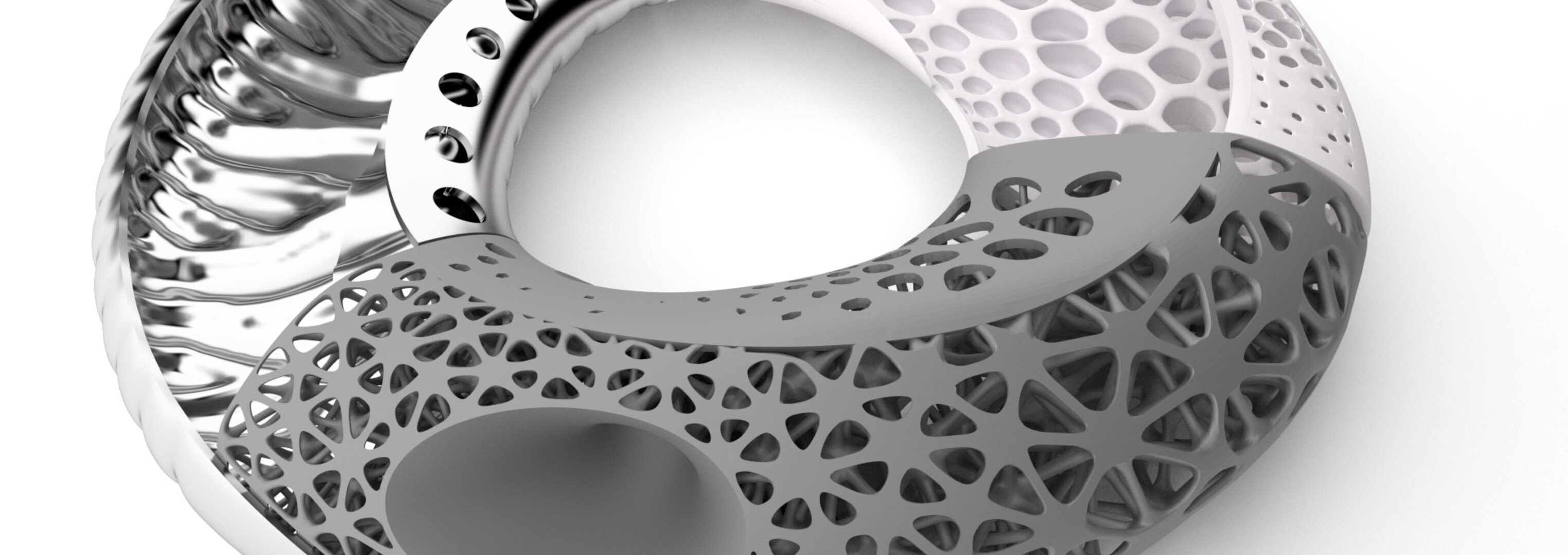ELiSE - Generative engineering with bionic lightweight design for 3D-printing
The German start-up company ELiSE creates the DNA of a technical part. Based on the DNA, automated design processes are used to find the best solution which considers all predefined constraints and which is produced by additive manufacturing. Meet ELiSE at ESA's Start-ups Zone powered by ESA space solutions at IAC 2018.
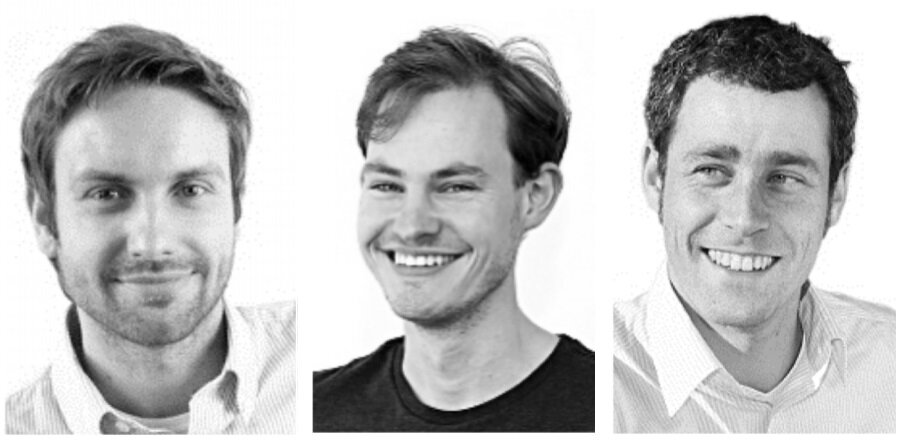
“We deeply believe that additive manufacturing - better known as 3D-printing - will change the way how we produce parts in the future,” explains Sebastian Möller, who together with Daniel Siegel and Moritz Maier set up ELiSE based upon technology developed at the Alfred-Wegener-Institute, Helmholtz Centre for Polar and Marine Research, in Bremerhaven, Germany.
“Previously unattainable design freedoms become reality with 3D-printing - material can be placed exactly where it is needed.
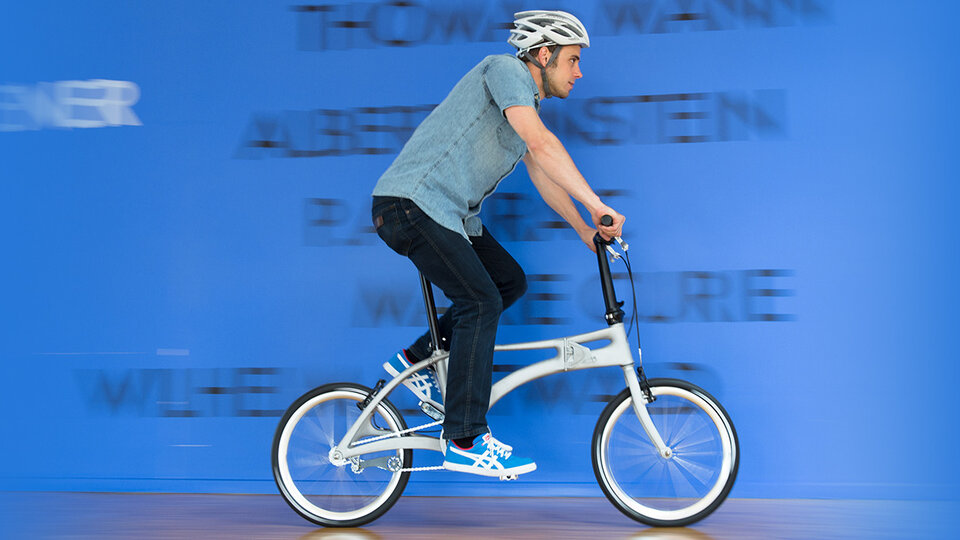
“Due to our experience in bionics over the past 15 years, we are convinced that the build strategy of nature can fill this gap. Nature uses DNA as a genetic blueprint which includes all information and rules of the product’s build strategy.
“We developed a software called ELISE which is able to create the DNA of a technical part. With this digital DNA our system is capable of designing the part and automatically find the best solution considering all predefined constraints.”
“We call this technology Generative Engineering,” adds Sebastian.
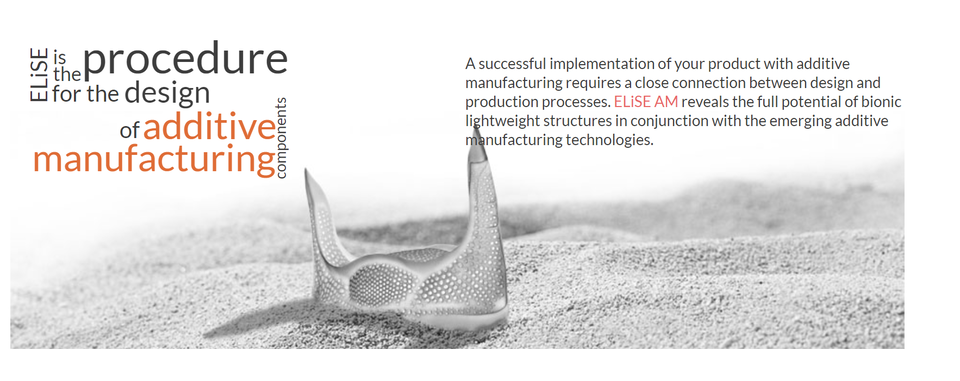
ELiSE entrepreneurs are currently performing the beta-phase of the ELISE software with selected customers from automotive OEM and aerospace industry. The feedback from these beta customers will lead to a customer orientated market entry. For this activity planned from 2019 on, the company is looking for partners to invest in their technology for a faster scaling
Client case: ArianeGroup
In the aerospace industry every additional kilogram of mass is associated with high costs. Therefore, lightweight design is a necessity even for the smallest components.
Modern launchers such as the Ariane 6 consist of thousands of parts and each of them presents an opportunity for saving weight. Tackling this task is only possible with an automated design process that incorporates each part’s individual constraints and creates lightweight designs optimized for additive manufacturing.
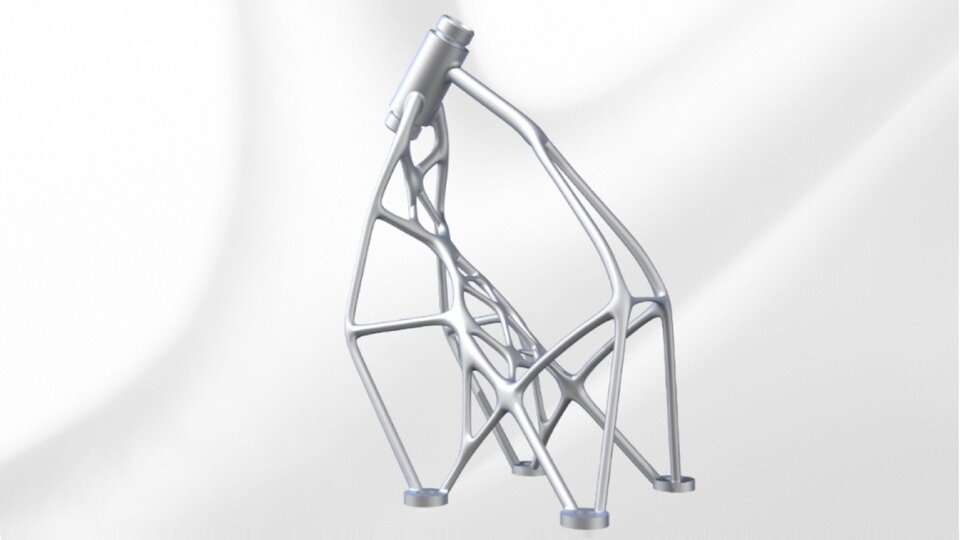
This is where the idea of Generative Engineering realised with the software ELISE comes into play.
Based on the idea of nature’s DNA it defines a digital recipe of the part: build volume, interfaces, manufacturing constraints and other restrictions are considered.
It then derives the optimal load paths and their dimensions.
After a one-time setup of the digital DNA, one loop of design interpretation and dimensioning took no more than 10 minutes, and resulted in a weight reduction of 56% in the case of the Ariane bracket.
This makes ELISE Generative Engineering the first choice software for complex lightweight structures.
Start-ups Zone powered by ESA space solutions at IAC 2018
ESA's Technology Transfer and Business Incubation Office (TTPO) with its ESA space solutions network presents 24 start-ups from Europe, Canada, Japan and Russia, 14 fostered at one of the ESA Business Incubation Centres – the ESA BICs, at the 69th International Astronautical Conference (IAC 2018) in Bremen, 1-5 October 2018.
The Start-up Space powered by ESA Space Solutions provides a look into great examples of aerospace technology systems and services developed by start-ups with visionary goals.
At pitching sessions on 2/10 and 4/10, the start-ups will present their business ideas and the Head of ESA TTPO Frank M. Salzgeber will present the potential of re-using already existing space technologies and ESA's Intellectual Properties as well as Europe's Earth observation and navigation services by start-ups and how their solutions can improve our lives here on Earth.
World's largest ecosystem for space-related entrepreneurship
ESA’s Technology Transfer and Business Incubation Programme Office (TTPO) operates the ‘ESA space solutions’ network of Business Incubation Centres (ESA BICs) and Technology Transfer Brokers offering complete access to all aspects of space-related innovation, technology and intellectual properties and is a gateway to ESA and European space research and developments.
Today, there are 20 ESA BICs in 17 European countries – Austria, Belgium, Czech Republic, Estonia, Finland, France, Germany, Hungary, Ireland, Italy, Norway, Portugal, Spain, Sweden, Switzerland, the Netherlands and UK – forming the largest ecosystem in the world for space-related entrepreneurship.
Over 650 start-ups have been fostered and another 150 new start-ups are taken in yearly at ESA BICs to be supported under the two-years business development boosting programme.
Visit “Start-ups Zone powered by ESA space solutions”
Meet all the start-ups from 1 October until 5 October at the dedicated Start-ups Zone powered by ESA space solutions at IAC 2018 area at IAC 2018.
ELiSE entrepreneurs will be at the Start-ups Zone at IAC 2018 from 1 October until 3 October noon, and be pitching their business 2 October.


